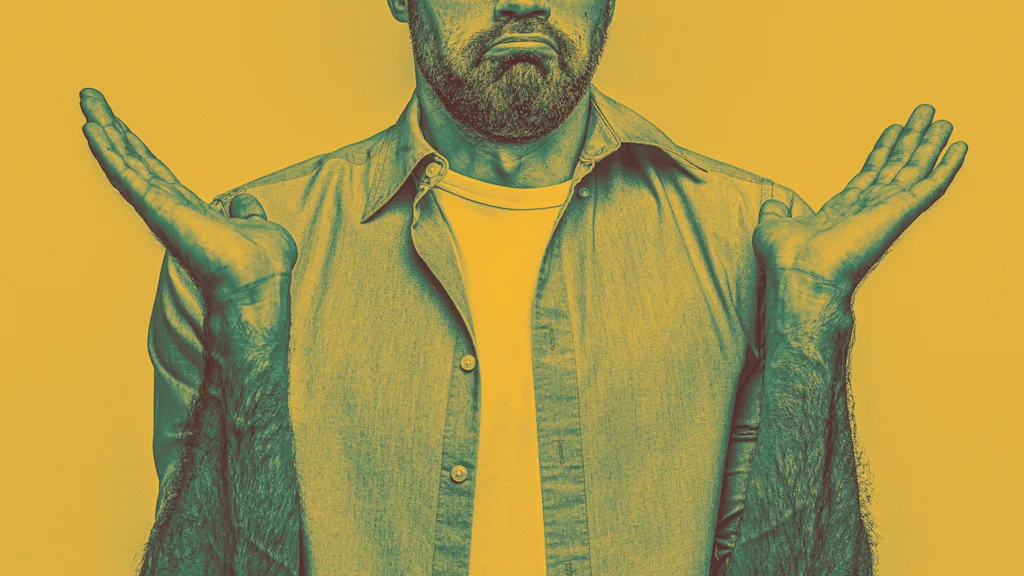
"And it's everywhere, mentions of terms like "agentic AI," "AI workforce," "digital labor," and "AI agents" during earnings calls increased by nearly 800% in the last year, according to AlphaSense data. Over the last five years, workers across industries have become expected to be well-versed in a technology that is ever-evolving and still relatively new for so many, including the leaders implementing it. The trouble with AI is that by the time a candidate hits "send" on a CV, their level of proficiency is already outdated."
"Vulnerability makes us human. Mark Cuban recently posted on X, The greatest weakness of AI is its inability to say 'I don't know.' Our ability to admit what we don't know will always give humans an advantage. Why, then, are we creating an environment and fostering workplace cultures that encourage people to "fake it, until you make it" as it relates to AI? The cost of staying quiet is real. We're at risk of shaming ourselves into obscurity."
Employers increasingly demand AI literacy while references to AI-related terms have surged, raising expectations for workers across industries. Many workers face rapidly changing requirements and risk having skills become outdated between application and hire. Cultural pressure and shame are causing employees to stay silent about gaps in understanding rather than ask for help. This encourages a "fake it until you make it" approach that reduces learning, slows effective reskilling, and harms organizational adaptation. Admitting uncertainty and fostering psychological safety can preserve human advantages and support more effective training and role transitions.
Read at Fast Company
Unable to calculate read time
Collection
[
|
...
]